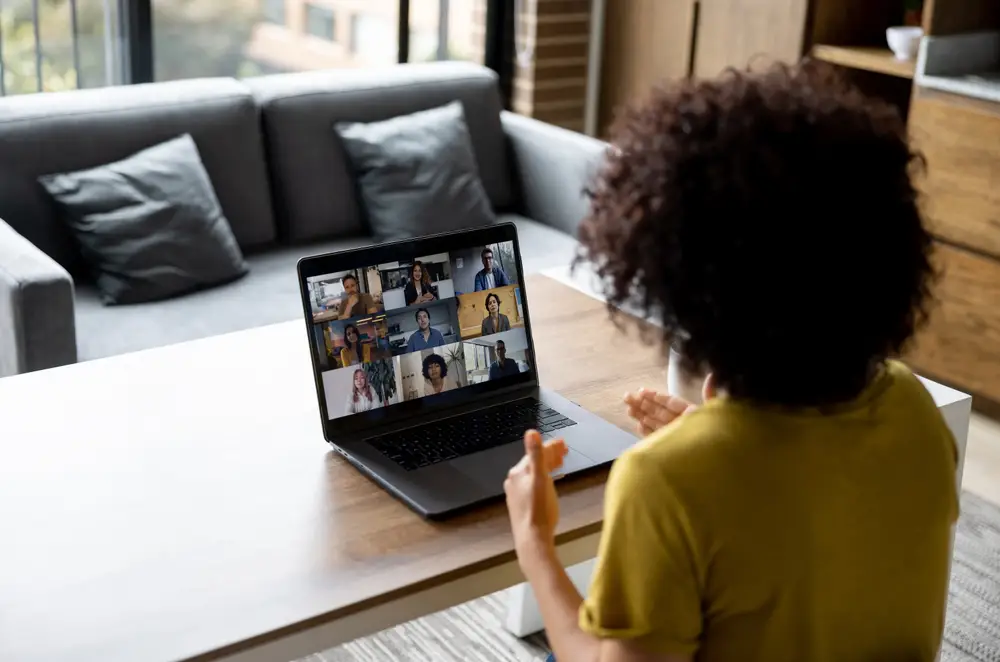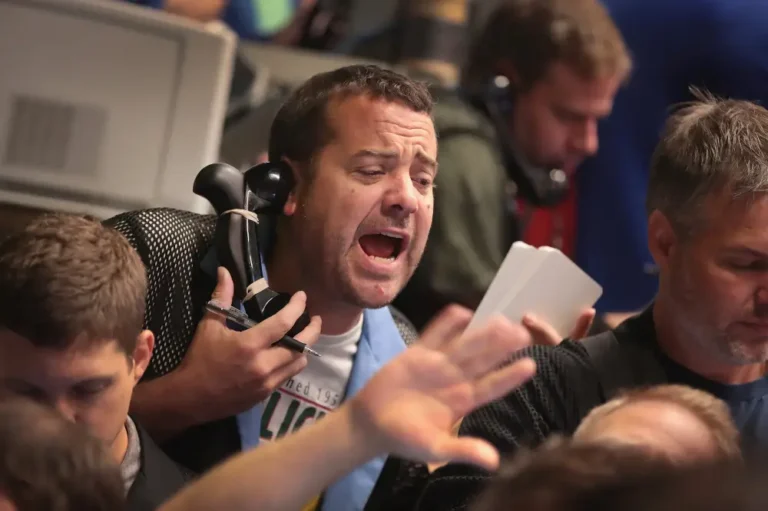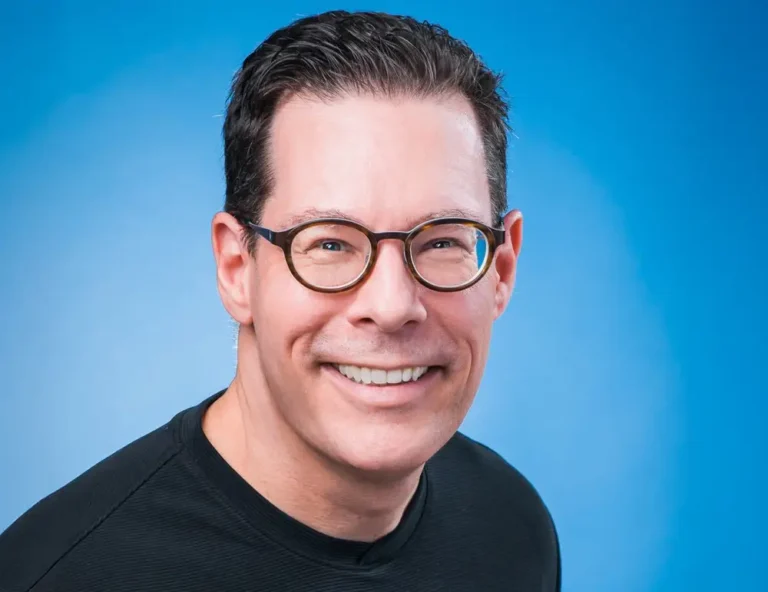I spent years closeted at work. During a job interview I chose to come out, and the support I got was better than a dream job.

The author decided to come out during a job interview.
I was thrilled when my dream job landed in my inbox. The position suited my strengths and offered industry outlier benefits. Their evocative mission and innovative approach drew me in. After seeing how their values and identities reflected my own, I applied immediately.
I daydreamed, imagining a workplace where I might be accepted.
After getting through a phone screen, video interview, and writing exercise, I reached the final stage — a group interview with some of the hiring team. The conversation flowed until they asked the most astounding question of my career:
“If we brought you on board, how could we keep you?”
I didn’t know what to say
I was stunned into silence. Expressing my needs went against every people-pleasing behavior I had cultivated. And even more so, expressing those needs before receiving an offer defied every Human Resource expert I followed online.
I took a beat and a breath, thanking them for the question. I stammered, searching for a tactical reply.
Memories flooded my mind. From the time one boss asked that I unbutton my blouse to meet with a male donor to another when the CEO encouraged me to “make eyes at” a wealthy male prospect. These too-frequent requests asked me to play the part of an alluring, straight employee to leverage support. Anxious not to disappoint or fall short of my duties, I acted accordingly.
In each scenario, I betrayed my values and identity to serve my all-consuming work addiction. I chased the insatiable urge to do the best job possible at the cost of my agency and well-being. I used work to escape the anxiety, loneliness, and traumas of my life.
In service to my addiction, I sought expert opinions to validate prioritizing others. The HR guidance I followed affirmed my choices to put the mission above myself and my truth.
I gave a radically honest answer
The real message from experts and supervisors alike was clear: stay closeted. By being queer, I was a walking litmus test of political, religious, and social opinions. If I said who I am or whom I love, I could jeopardize support and provoke discrimination.
While I drowned in the experiences and expertise that justified my self-abandonment at work, my interviewer’s eyes darted around the screen. Time was up.
In my exhaustion, I surrendered to radical honesty. Without fear of how my truth would impact the conversation, I replied:
“I’ve never said anything like this in an interview. But to honor the generosity of the question, I want to meet you with vulnerability. I’m a hardworking, mission-driven person. When I give my heart to an organization, I’m all in. I don’t need gym memberships or pizza parties. What would keep me is to be accepted for who I am as a queer woman and not asked to hide or engage in flirtatious power plays with male donors.”
My face flushed, and my stomach thrashed in terror. What have I done?
Before my anxiety could answer, the video screen filled with heart emojis, clapping hands, and broad smiles. They not only welcomed my answer but cheered for it. One of the founders applauded my bravery.
My braced gut and clenched jaw softened. I had exhaled my truth and released the imprisoning belief that I should sacrifice my authenticity for acceptability. For the first time in my 15-year career, I felt fully myself in a professional setting.
I now understand the importance of advocating for myself.
By embracing radical honesty, I risked rejection but also empowered everyone to make an informed decision moving forward. The truth had set me free and paid more dividends than any compensation package.






